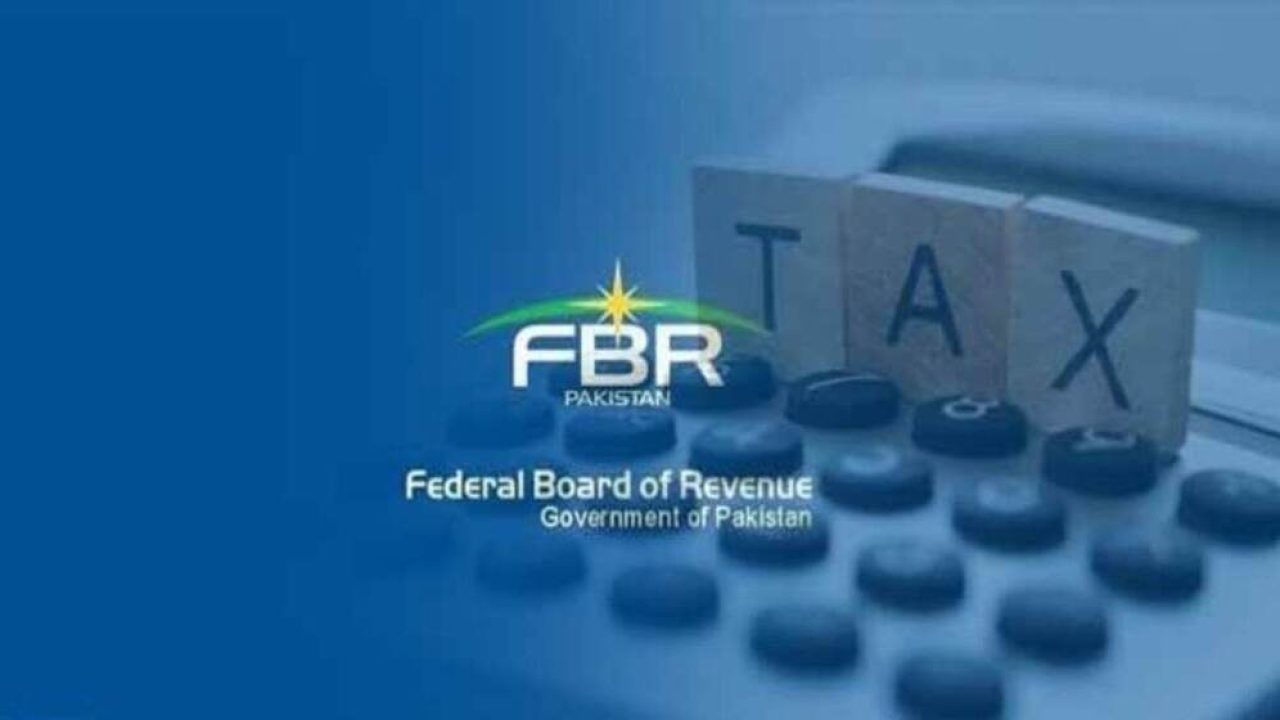Karachi, April 5, 2025 – The Directorate General of Customs Valuation Karachi has introduced a significant update to the customs valuation framework for the import of old and used auto parts.
The new ruling, released on Friday, establishes revised customs values for 189 types of auto parts, including engines, gearboxes, air conditioning (AC) compressors, dashboards, and a wide range of other components.
This development is poised to impact importers across Pakistan, ensuring a standardized approach to assessing the value of these goods, irrespective of their country of origin.
Overview of the New Valuation Ruling
The newly issued FBR ruling stipulates that the customs values of the specified old and used auto parts will now be determined based on a minimum valuation of $600 per metric ton for an entire consignment.
This adjustment applies uniformly to imports from all origins, aiming to streamline the valuation process and eliminate inconsistencies that have long plagued the sector.
The decision reflects a meticulous effort by the Directorate to balance the interests of stakeholders while adhering to legal and market-based valuation principles.
Background and Stakeholder Input
The revision comes in response to persistent concerns raised by stakeholders within the auto parts industry. Importers, local manufacturers, and trade associations, including the Old & Used Auto Parts Importers Association and the Sindh Auto Parts Scrap Importers & Dealers Association (SAPSIDA), had urged the Directorate to reconsider the existing customs valuation framework.
They argued that the previous values did not adequately reflect the realities of the market, where prices of used auto parts fluctuate significantly due to factors such as wear and tear, age, and condition.
Stakeholders emphasized that the international market predominantly treats these items as scrap, with values determined accordingly. This perspective posed a challenge to aligning customs assessments with actual transaction values, prompting the Directorate to undertake a comprehensive review to address these discrepancies.
Methodology Behind the Valuation
To establish the new customs values, the Directorate General of Customs Valuation Karachi conducted an extensive evaluation process. This included analyzing 90 days of import data, reviewing prevailing market trends, and engaging in detailed consultations with key industry players. Market inquiries were carried out to ascertain the real-world prices of these goods, ensuring that the valuation reflected current economic conditions.
The valuation process adhered to the guidelines outlined in Section 25 of the Customs Act, 1969, which provides a hierarchy of methods for determining customs values. Initially, the transaction value method—based on the actual price paid or payable for the goods—was considered. However, due to insufficient or unreliable data regarding the actual transaction values of these used parts, this method was deemed inapplicable.
Consequently, the Directorate resorted to Section 25(7) of the Customs Act, which allows for valuation based on market inquiries when other methods are impractical. By leveraging data gathered from local markets and stakeholder feedback, the Directorate arrived at a fair and consistent valuation of $600 per metric ton as the minimum benchmark for consignments of old and used auto parts.
The new customs valuation ruling is expected to have far-reaching implications for the import trade of used auto parts in Pakistan. By setting a standardized minimum value, the Directorate aims to curb under-invoicing and ensure proper tax enforcement, thereby safeguarding government revenue.
At the same time, the ruling seeks to address the concerns of importers who have long grappled with fluctuating valuations that did not align with international scrap market standards.
For local manufacturers and dealers, the revised values could influence the pricing dynamics of used auto parts in the domestic market. Industry experts suggest that the move may encourage greater transparency and predictability in the trade, fostering a level playing field for all stakeholders involved.
Addressing Market Realities
One of the key challenges in valuing old and used auto parts lies in their inherent variability. Unlike new components, used parts exhibit a wide range of conditions—from slightly worn to heavily degraded—affecting their market worth.
The international classification of these items as scrap further complicates the valuation process, as their prices are often tied to global commodity trends rather than fixed manufacturing costs.
The Directorate’s decision to base the valuation on market inquiries under Section 25(7) reflects a pragmatic approach to these complexities. By incorporating real-time data and stakeholder insights, the ruling ensures that the customs values remain grounded in the economic realities of the trade.
The issuance of the new customs valuation ruling by the Directorate General of Customs Valuation Karachi marks a pivotal step toward modernizing and standardizing the assessment of old and used auto parts imports in Pakistan.
With a minimum valuation of $600 per metric ton, the ruling strikes a balance between enforcing fiscal discipline and accommodating the unique characteristics of the used auto parts market.
As the industry adjusts to this change, importers, manufacturers, and dealers alike will be closely monitoring its impact on trade flows and pricing structures in the months ahead.
This update underscores the Directorate’s commitment to fostering fairness and consistency in customs practices, while addressing the evolving needs of Pakistan’s auto parts sector in an increasingly globalized economy.

